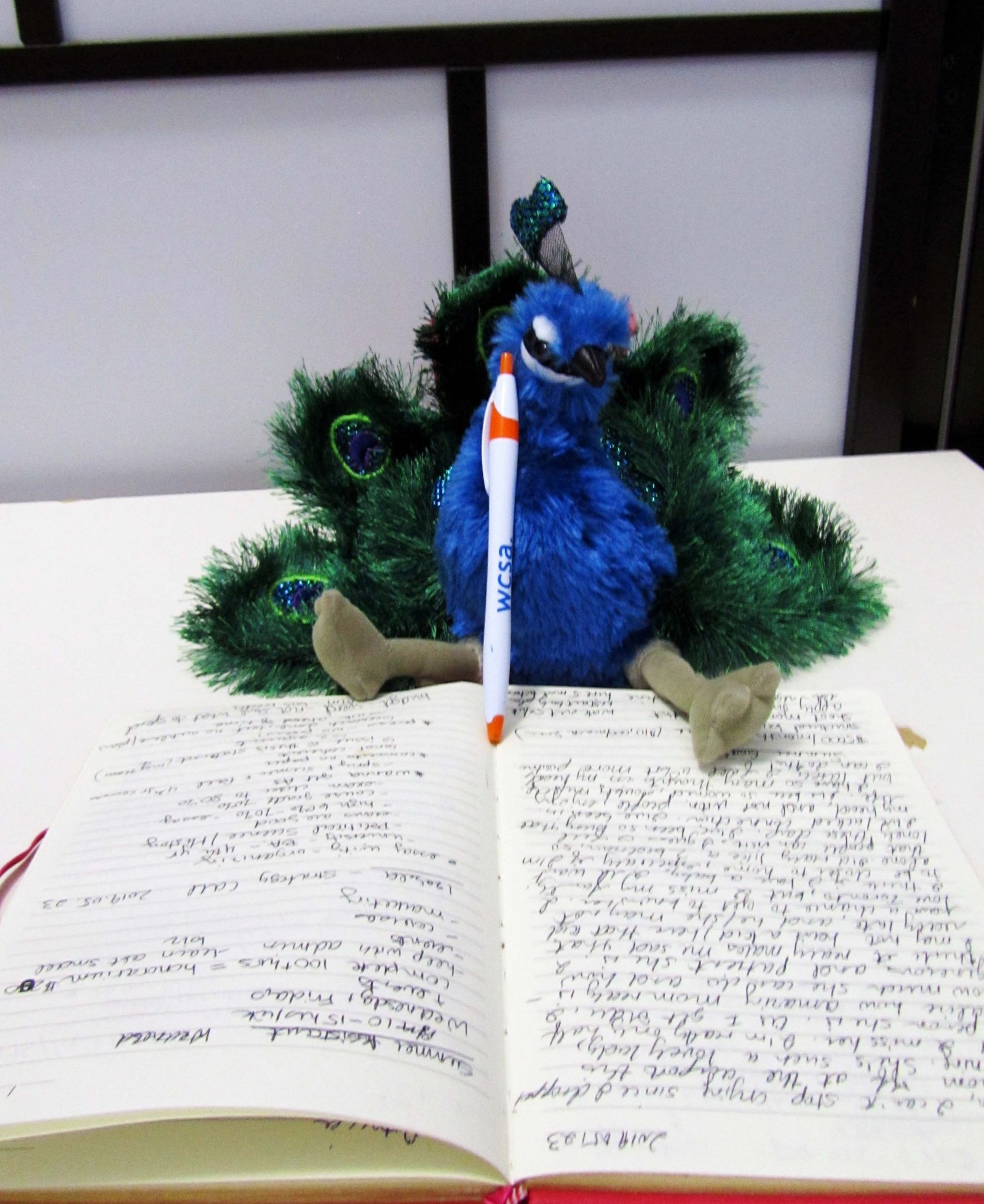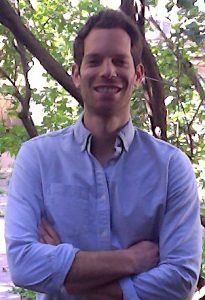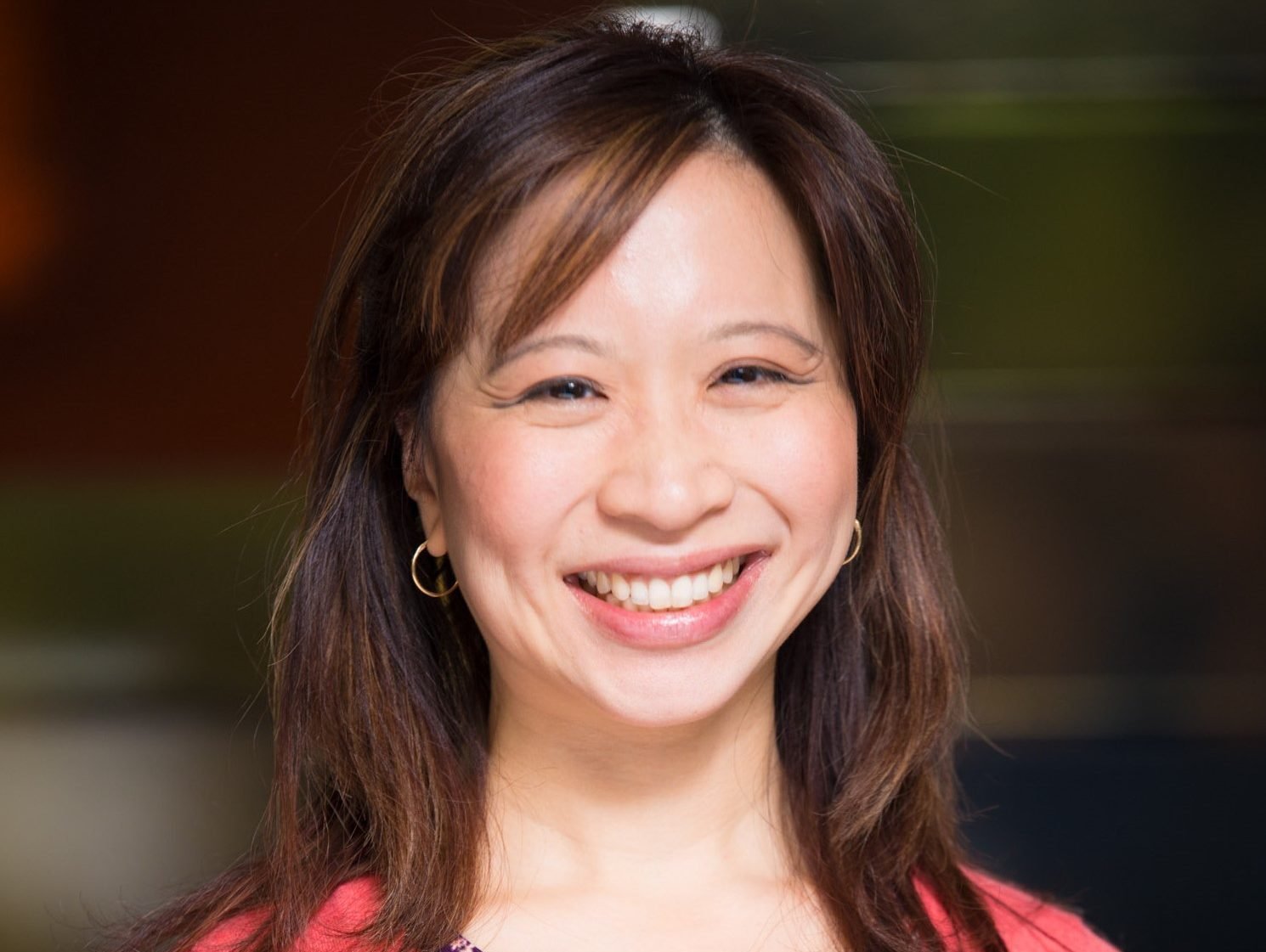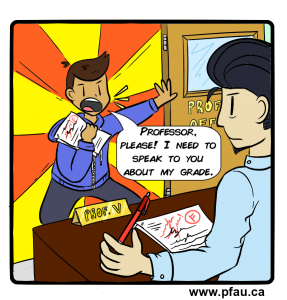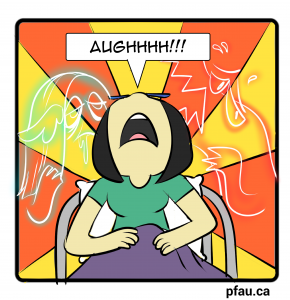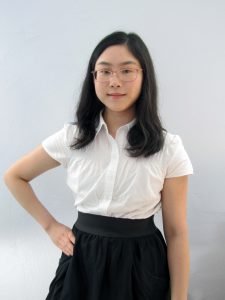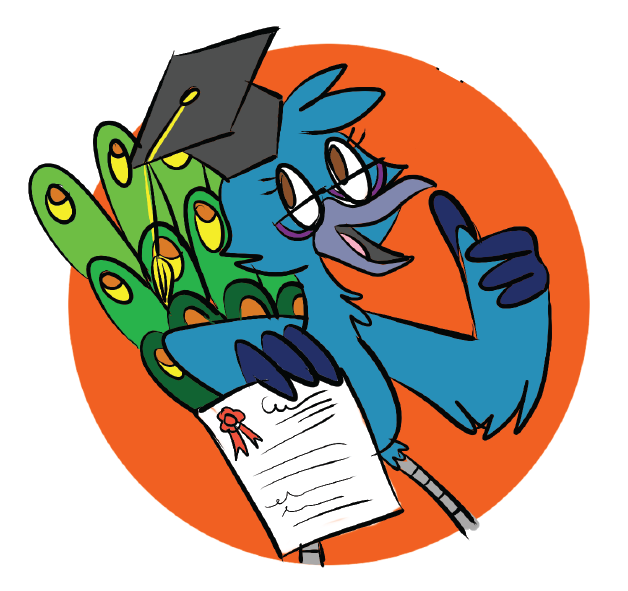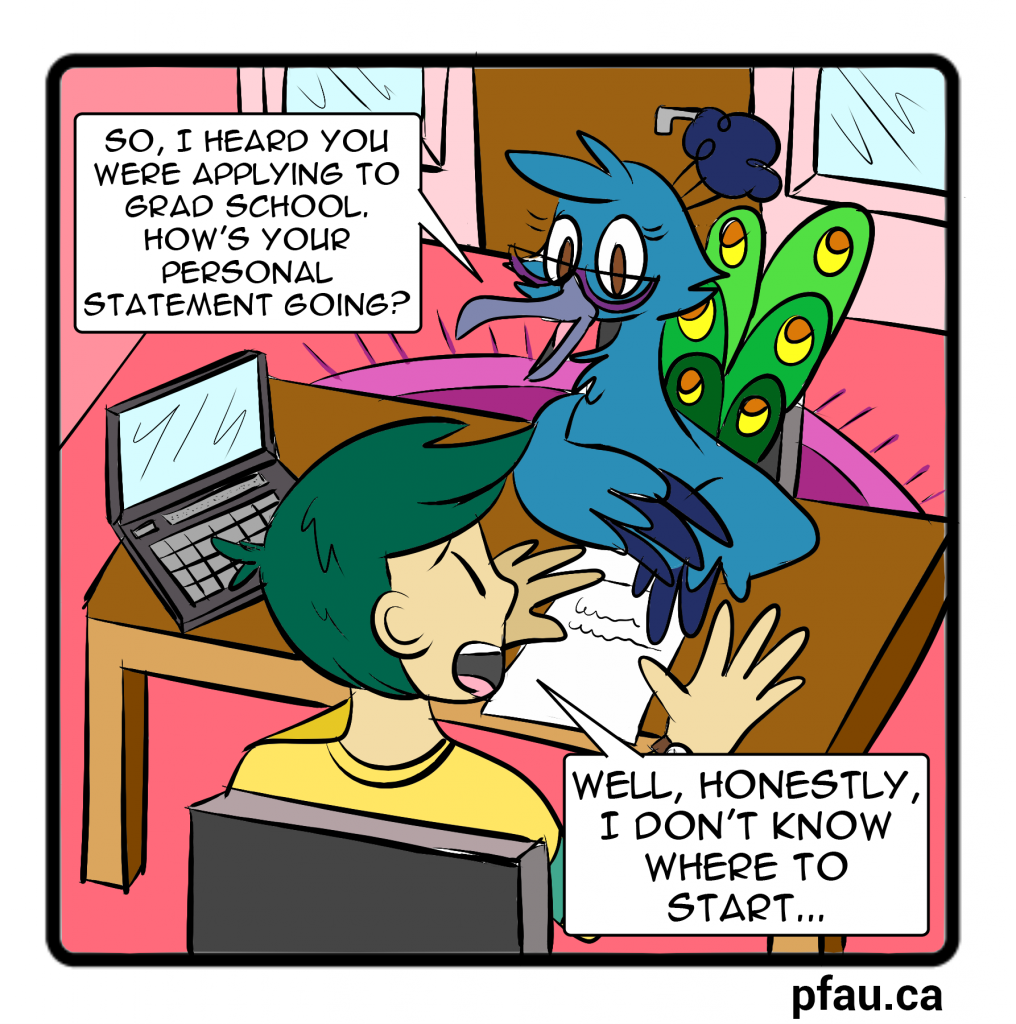We interviewed Laifong Leung, a Chinese Language and Literature scholar, about the art of writing. Writing is a unique form of communication that relies on our ability to create imagined realities with the deliberate and careful use of words, punctuation, grammar, and style. It is unlike any other form of communication in the mammal world, and it requires a lifetime of practice to master.

Dr. Leung received her BA from the University of Calgary, and MA and Ph.D from the University of British Columbia, and is currently Professor Emerita at the University of Alberta, where she taught for over three decades. She is passionate about classical Chinese poetry, contemporary Chinese literature, Chinese diasporic literature and language teaching. She continues to publish on these topics, having written and co-edited over 10 books, and several academic articles, many of which discuss the art of writing and storytelling across cultures and historical periods. She was also the initiator and co-founder of the Chinese Canadian Writers’ Association (1987) and currently serves as its Executive Chair.
_
What made you decide to pursue a career in literature?
_
When I was young, I lived in Hong Kong. My maternal grandfather was a calligrapher, a poet, and a reader. He lived with us and it was very fortunate. He told me a lot of stories about classical Chinese literature and about the lives of poets, interesting, anecdotes, and famous poems. He would ask me to recite from memory, “Bei Shu,” some classical pieces. So I did that, but sometimes I didn’t know exactly what they meant, but I did memorize. I did quite a few of those important pieces, and I didn’t know they were important until I went to high school. I remember in grade eight, I opened my textbook, and the essay that my grandfather asked me to memorize was there! After that, I recognized the value of what I learned from him. I remember doing calligraphy with him too. He sat next to me and watched every stroke. He really was the initiator. I liked learning Chinese calligraphy. Later on, it would help with my career. When I applied for my first job at the University of Alberta, they were looking for someone who could teach Chinese calligraphy. Not many people were really interested or were able to teach calligraphy. During my time at the university, I started with the study of classical Chinese literature, and then I got interested in post-modern literature, which is very contemporary. These were my main two areas of study. After I retired, I got interested in Chinese Canadian literature.
.
_
What would you say has been the most rewarding part of the career path that you have chosen?
I love reading, writing, as well as teaching. As a professor, I had to do all these things, so I enjoyed my job. I like sharing my knowledge with my students, and I do not feel tired of teaching. I love to see how much the students have learned. Overall, it is a very rewarding experience. I first started teaching adult classes at the Vancouver school board. I taught once a week with the purpose of gaining teaching experience at that time. And later on, I was recommended by my professor to teach Cantonese in the Vancouver city police station for one of the departments. I taught there for over a year before I did my Ph.D, which was a lot of fun. I enjoyed those few years. I just love teaching and doing research. When people recommend me to teach any class, I always take the opportunity, and the process has been really rewarding.
You’ve written and co-edited several books. That is a huge endeavor. When you’re thinking of a new book idea, what does your process look like?
I was really interested in the generation after Mao’s exile, especially the Red Guards, which was a group of young people who were very supportive of Mao during the Cultural Revolution. They started with very idealistic high hopes for the revolution. So, they had a very special style of writing. I read a lot of stories written by these generations, but the publications available at that time were very limited. So after I got my first teaching job at the University of Alberta, I applied for a grant and went to China to interview some writers. They talked about the whole horrible experience they went through in the Cultural Revolution. I recorded the interviews, and I came back with a whole suitcase of tapes. The tapes of interviews inspired me to start a book with the theme of the Chinese Writers of the Lost Generation. I began transcribing the tapes and drafted a sample chapter entry. I also developed a book outline. Afterward, I sent my idea to a lot of potential publishers and got 11 positive responses. After carefully selecting a publisher, I was able to publish the book.
Laifong’s Book Recommendation
Contemporary Chinese Fiction Writers: Biography, Bibliography, and Critical Assessment, Laifong Leung.
_
_
Thank you, Laifong, for sharing the excellent advice with us and our readers!
_
Missed the podcast? Listen here:
_
_
For more advice about writing, check out our weekly podcast or subscribe to our monthly newsletter.
_
To get more help with your assignments, book a 20 minute discovery session with us and start your journey to reaching your full potential on the page, and in life.
Both the written, visual, audio, and audiovisual content of this post has been created by and is the intellectual property of Lisa Pfau and PFAU Academic Writing. Please do not replicate any of the above content without our consent. However, please do feel free to share this post and its authorship widely.

